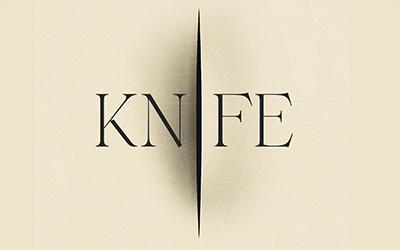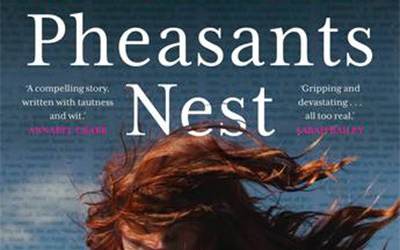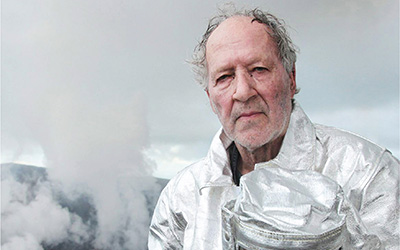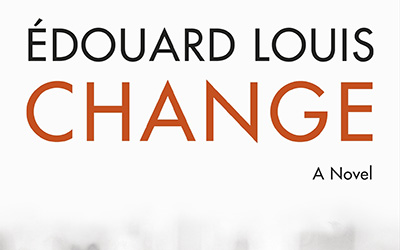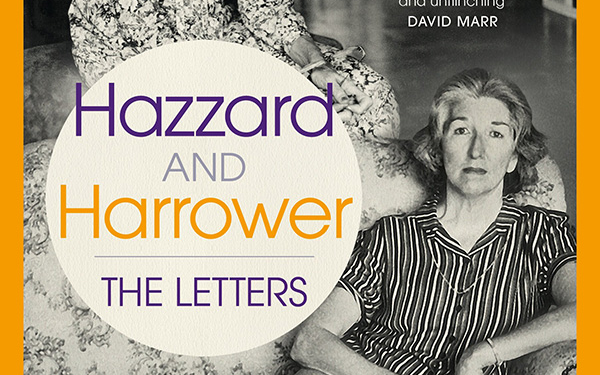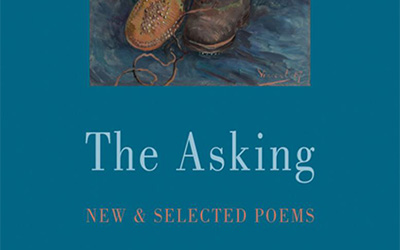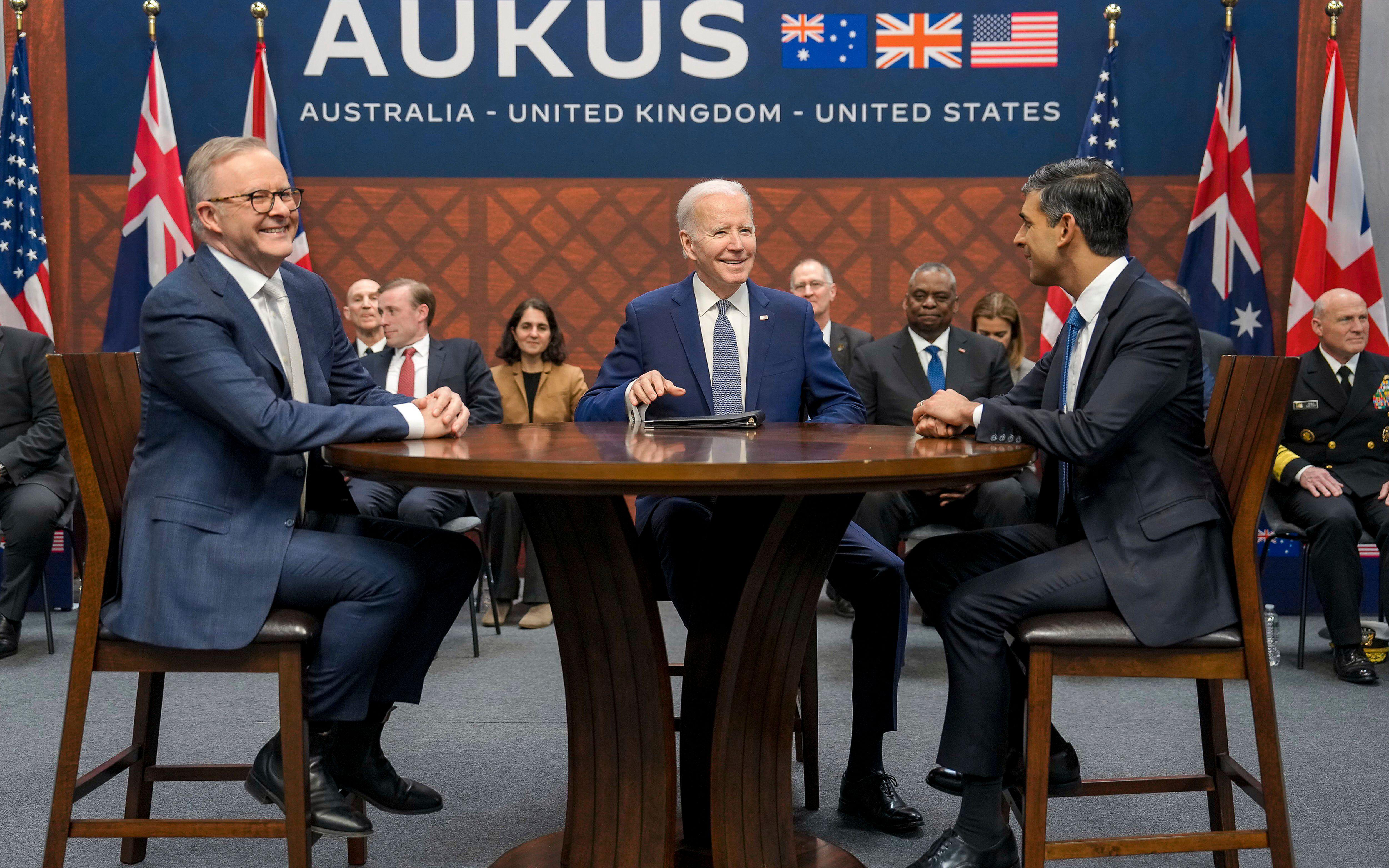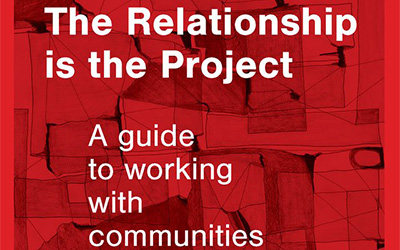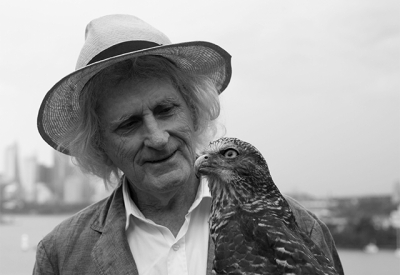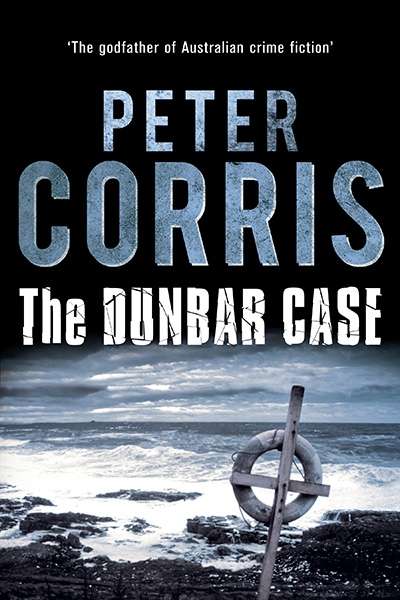September 1978, no. 4
Ronald Anderson’s latest book explores the potential for deer farming in Australia, and gives at least the initial information to someone wishing to establish a deer farm. By page eight of the book the profit potential of deer is already apparent. Their costs of production are relatively low, while product prices are extraordinary. For example, at the time of writing, New Zealand farmers were receiving $4.75 per kilogram for venison, some six or seven times the price of beef. As if this were not enough, there is the annual crop of velvet or immature antler, harvested without slaughter from the stags. Used as a component in Asian medicines, this returns no less than $110 to $150 per kilogram to the farmer or at least $300 per stag per year. Not satisfied? Then try the ‘by-products’ also obtained when the deer are slaughtered for venison. These range from mature antler (for jewellery) to frozen deer tails at $6 each (for culinary use) and from deer foetuses ($3 to $45 depending on stage of pregnancy) to deer penises! The last, which must be ‘...complete with testes and a tassel of hair…’, are graded (by length!) and frozen and return about $9 each to the farmer. In exploring the reasons for farming deer, Anderson raises one important issue early in the book and returns to it in several places. This is the hunter’s ‘...ambivalent attitude to deer…’ and to deer farming. To the hunting fraternity, says Anderson, deer are to be shot, not farmed. Unless, of course, they are farmed to provide stocks for shooting. The problem is that strong lobbying, based on such an attitude, would make it even more difficult than at present to obtain enough deer to stock a farm. The same attitude, prevalent in West Germany, led to a virtual embargo on the import of farm venison from New Zealand, in favor of ‘real venison’ shot in the wild, with obvious consequences for New Zealand’s deer farmers.





